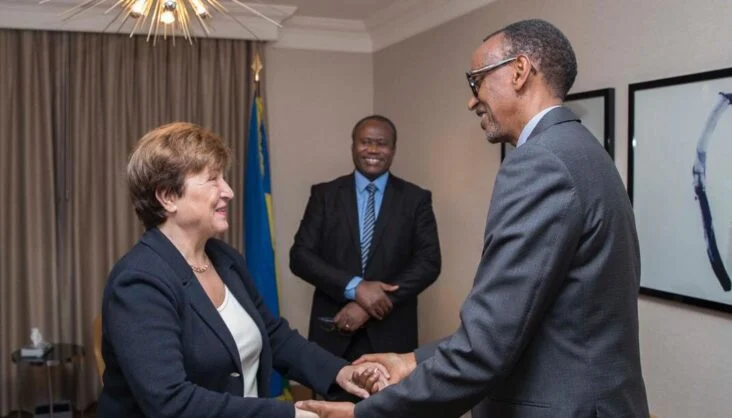Rwanda has become the first African country to secure access to the Resilience and Sustainability Facility (RSF) of the International Monetary Fund (IMF).
Recall that a $319 million agreement under the RSF was authorized by the IMF last week.
The fund was established this year to aid IMF members of nations with low and vulnerable middle incomes in addressing longer-term structural issues including climate change.
By increasing openness and accountability in planning, implementation, reporting, and supervision of budget resources allocated to addressing climate change, the programme will improve government efforts to increase resilience to it.
With the fund, green public investment will be made easier, the more fiscal room will be created, financial risk will be reduced, public debt dynamics will be strengthened, and future balance-of-payment stability will be improved.
Read also: Study shows climate change will fuel humanitarian crises in 2023
Disbursements to Rwanda under the RSF will be subject to the completion of pertinent reviews under a new 36-month Policy Coordination Instrument (PCI) approved this week as well as the implementation of the scheduled reform measures agreed to as part of the RSF arrangement, which establishes Rwanda’s broad economic reform objectives.
A piece of legislation approved on June 28, 2019, is replaced by the new PCI for Rwanda. The 2019 PCI program has performed reasonably well, meeting all quantitative and standard continuous targets until the end of June 2022 and all but one of the reform targets through the end of September 2022.
The new PCI will continue to support Rwanda’s macroeconomic policies and reforms, with a focus on measures to guarantee macroeconomic stability and reforms to lessen the effects of pandemics, increase socioeconomic resilience to shocks, and protect against downside risks.
Story was adapted from ESI AFRICA.
